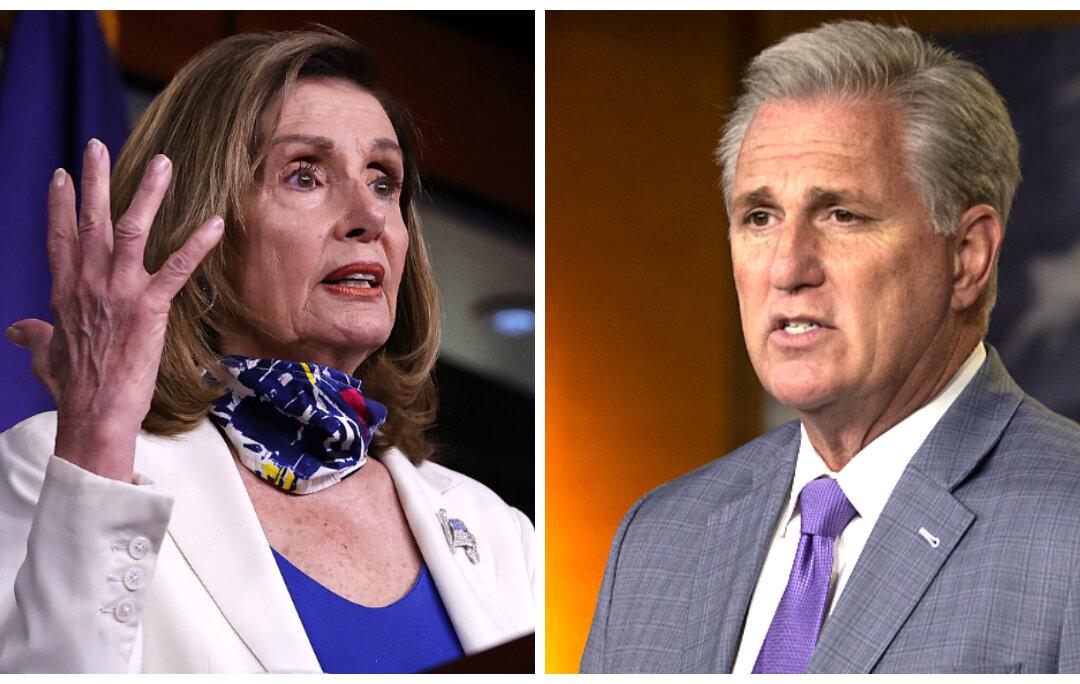House Speaker Nancy Pelosi said on Thursday that a $2.3 trillion spending package has now been sent to President Donald Trump for signature. The announcement comes after efforts to increase the $600 stimulus checks in the deal to $2,000 apparently failed earlier in the day.
“The bipartisan COVID relief & omnibus bill has been enrolled. The House & Senate are now sending this important legislation #ForThePeople to the White House for the President’s signature,” Pelosi said in a Twitter post. “We urge him to sign this bill into law to give immediate relief to hard-working families!”




